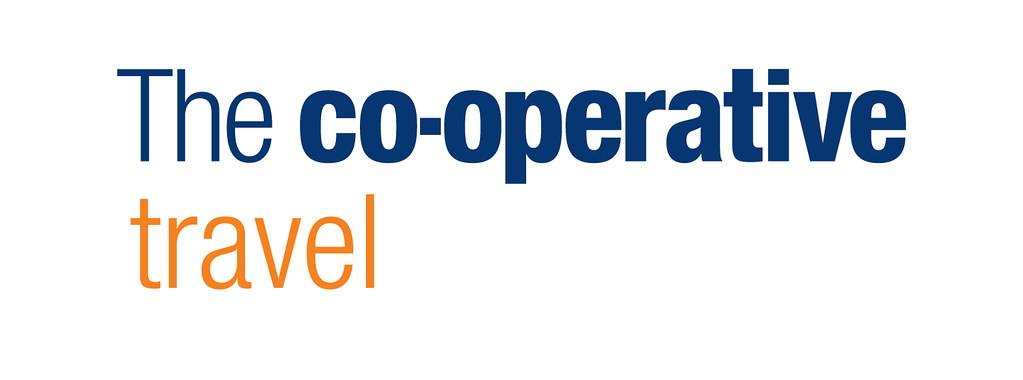Just over 24 hours until the world’s biggest showcase of football kicks off, and if you need something to tide you over, here are some internet-themed titbits about the other 16 teams that will be on the pitches of Russia over the next few weeks:
Group E
Brazil
The 2014 World Cup in Brazil was perhaps the first tournament in which social media was really an integral part. Statistics show that the competition had a huge effect on the country’s internet usage, with many players regulars on Twitter and Instagram. It’s just a shame that the likes of David Luiz didn’t put as much effort into stopping Germany scoring as they did into social media.
Switzerland
Switzerland’s top level domain is .ch, which comes from its Latin name Confoederatio Helvetica. The domain is popular with sites outside of the country though because so many words end in -ch. For example, tcrn.ch is owned by Techcrunch.
Costa Rica
A surge of cyberattacks is currently gripping some of the most important sites in Costa Rica. Last month, a group of Pakistani hackers calling themselves Pak Monster managed to seize several Costa Rican government sites.
Serbia
At one time, the server for Serbia’s entire email infrastructure was run from the computer of a Serb working at California State University. The nation was slow to embrace the web after the breakup of Yugoslavia, but enjoys fast internet today.
Group F
Germany
Germany is among the nations coming down the hardest on social media hate speech. At the start of this year, it introduced its NetzDG law, which places the onus on sites like Twitter to remove offensive content or face possible prosecution.
Mexico
While Europe has been consumed by GDPR of late, Mexico has been introducing laws to protect copyrighted material online. As of April 26, judges can remove content believed to be in breach of copyright without taking the case through court.
Sweden
The Swedes are not at all impressed by fake news – so much so that a newly issued brochure on how to prepare for national emergencies addresses the potential spread of ‘dangerous disinformation’.
South Korea
If you want your internet to be fast and responsive, South Korea is the place to be. Last year, it took first place in a study of every country’s internet services.
Group G
Belgium
Brits like to boast that they (or at least British inventor Tim Berners-Lee) created the internet, but a Belgian might argue otherwise. Berners-Lee worked closely with Belgian computer scientist Robert Cailliau, who designed the original WWW logo.
Panama
When Panama qualified for what will be their first World Cup, a video of a ball boy hoofing the ball out of the ground to waste time went viral.
In fact, the last few minutes (starting at 1 hour 47 minutes) of the game are worth watching, just to see how much qualification meant to the Panamanians.
Tunisia
Perhaps no country has felt the impact of the internet in recent years quite like Tunisia. The 2011 revolution in the North African country saw the president overthrown and the nation democratised, with many observers pointing to the role of Wikileaks, blogging and social media in mobilising protests.
England
The FA Twitter account had a bit of a rocky time with the announcement of England’s World Cup squad. For a start, the squad was mysteriously tweeted at an account with the handle @OohAhUpTheIRA, which was put down to a technical glitch. Then, there was the unusual video announcement of the squad, which it’s fair to say had a mixed reception.
Group H
Poland
One of the more heavily censored European nations, a Polish satirist found himself hit with 600 hours of community service in 2012 for lampooning the president.
Senegal
Less than a quarter of Senegalese have access to the internet – the poorest penetration of any nation in this tournament. However, along with many other West African nations, it’s improving fast, with 11.4% more people online in 2016 than in 2015. By comparison, the UK year-on-year increase over the same period was just 0.9%.
Colombia
Spelling errors are rife on the net, and Colombia is possibly the most misspelled nation on the planet. Two years ago, sportswear giant Adidas faced Twitter mockery after a ‘Columbia’ gaffe.
Japan
Fittingly at a time of year when social media is sure to go into overdrive, Japan invented the emoji. The name comes from the Japanese for ‘picture character’ and has nothing to do with the English word ‘emotion’. Some more fascinating facts about the omnipresent ideograms can be found here.
- Five life skills learned from internet marketing - January 3, 2024
- How artificial intelligence can (and can’t) help you write content - September 29, 2023
- Is Google OK with AI content or not? - September 25, 2023



























